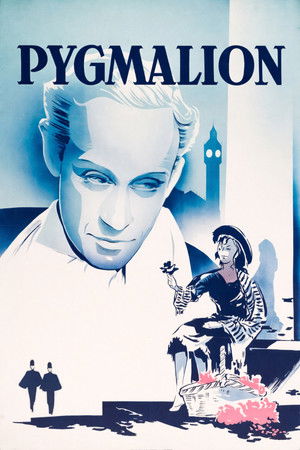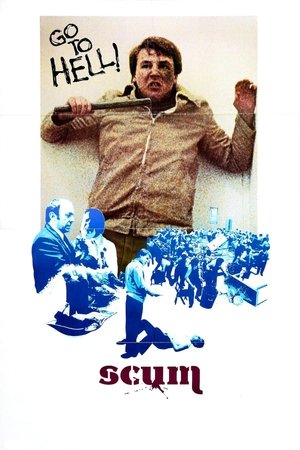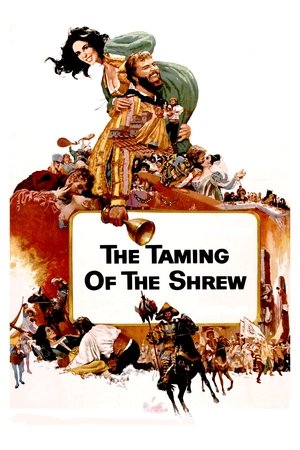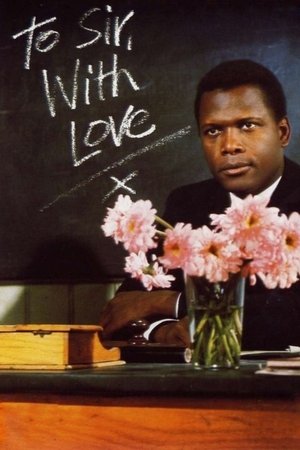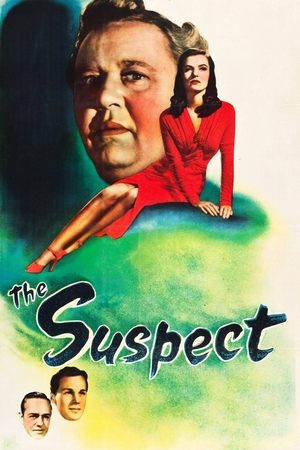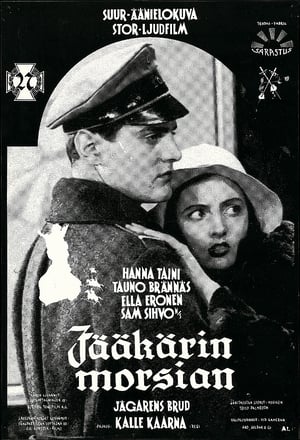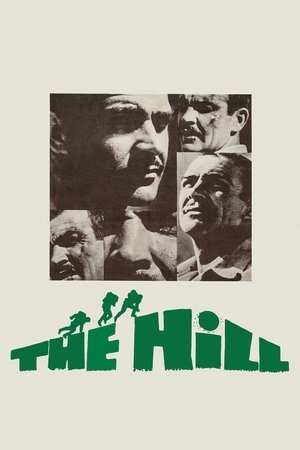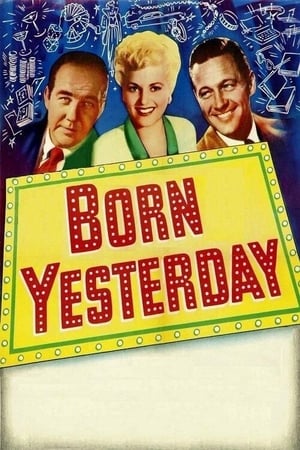Overview
A young man leads a promiscuous lifestyle until several life reversals make him rethink his purposes and goals in life.
Reviews
In his younger years it would be fair to say that Michael Caine was typecast as a rough-and-ready Cockney. Whether that was agent Harry Palmer in _The Ipcress File_ or the efficacious Charlie Croker in _The Italian Job_, Caine became Britain's greatest self parody of a bygone era.
In _Alfie_, Caine plays the eponymous character, a womanising lad-about-town who cares more about with who he'll be sleeping with than where he'll be sleeping that evening. The ladies - and there are more than a few - are often discarded as, literal, objects of desire, but as Alfie comes to learn, actions will eventually have consequences.
When watched through a contemporary lens, there is something both creepy and despicable about Alfie - if any modern man behaved the way that Alfie does, he would rightly be lambasted by the #MeToo movement. But then, this is both the sexually liberating 1960's and Alfie never claims to want to be admired or looked up to.
It would be easy to say that he treats all the women badly, but there is an argument that it is the men who usually come off worse, whether he is charming another man's wife into bed, or demanding so much attention that a perfectly respectable man is barely noticed.
In fact, there are moments when Alfie's moral side appears to shine through as he suddenly become repentant of his actions, and it is impossible not to feel sorry for him. With Caine often breaking the fourth wall and delivering Alfie's inner monologues, you quickly realise that you - the viewer - are also being cleverly manipulated.
Through clever writing and Caine's irresistible roguish charm, _Alfie_ is a multi-layered comedy with an exceptionally important moral message.
Michael Caine is a bit too convincing as the sleazy, London man-about-town who only cares about having a beautiful girl on his arm (and in his bed). It isn't so much that he's a misogynist, more that sees women in only one linear fashion and as he has no use for them - or anyone else, for that matter, unless it is for his own immediate gratification. The narrative of the film takes us on his slow journey of self-realisation; he starts to comprehend the shallowness of his existence and embarks on his own yellow brick road to maturity. There are some great supporting contributions from Shelley Winters and Denholm Elliott and a cast of glamorous 1960s British models to lend credence to his hedonistic lifestyle. It is hard to watch 50-odd years later; the character is so odious - but that is testament to good acting and a novel - intimate - creative style of directing from Lewis Gilbert. Sonny Rollins turns out a great score too.

 114 min
114 min
 6.5
6.5
 1966
1966
 United Kingdom
United Kingdom
 wizzardss wrote:
wizzardss wrote: